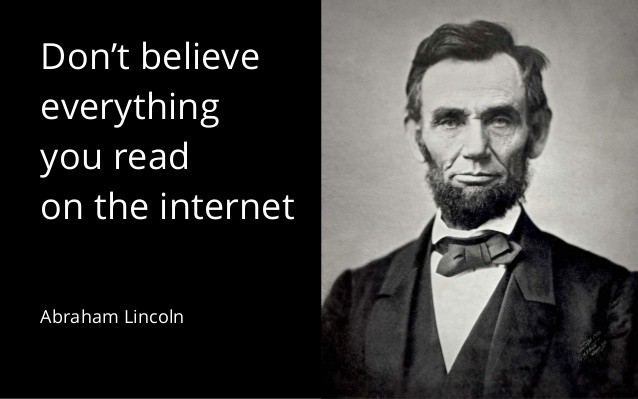Bebulamar
No longer a newbie, moving up!
- Joined
- Mar 27, 2014
- Messages
- 259
- Reaction score
- 31
- Location
- United States
- Can others edit my Photos
- Photos OK to edit
You can simply write down the binary code for the image plus the encoding algorithm. Someone in the distance future should be able to reconstruct your image precisely from that.








![[No title]](/data/xfmg/thumbnail/39/39292-4169a355b794ae9735845c4ad45d06ff.jpg?1734173260)

![[No title]](/data/xfmg/thumbnail/32/32812-c004ccede2969e280733ed1a4271ec1a.jpg?1734162500)
![[No title]](/data/xfmg/thumbnail/39/39290-dfb3e819bd94a7f30797638ae1ae27cf.jpg?1734173258)

![[No title]](/data/xfmg/thumbnail/31/31753-281132967af6a422c89bcc0d6f16499a.jpg?1734160473)
